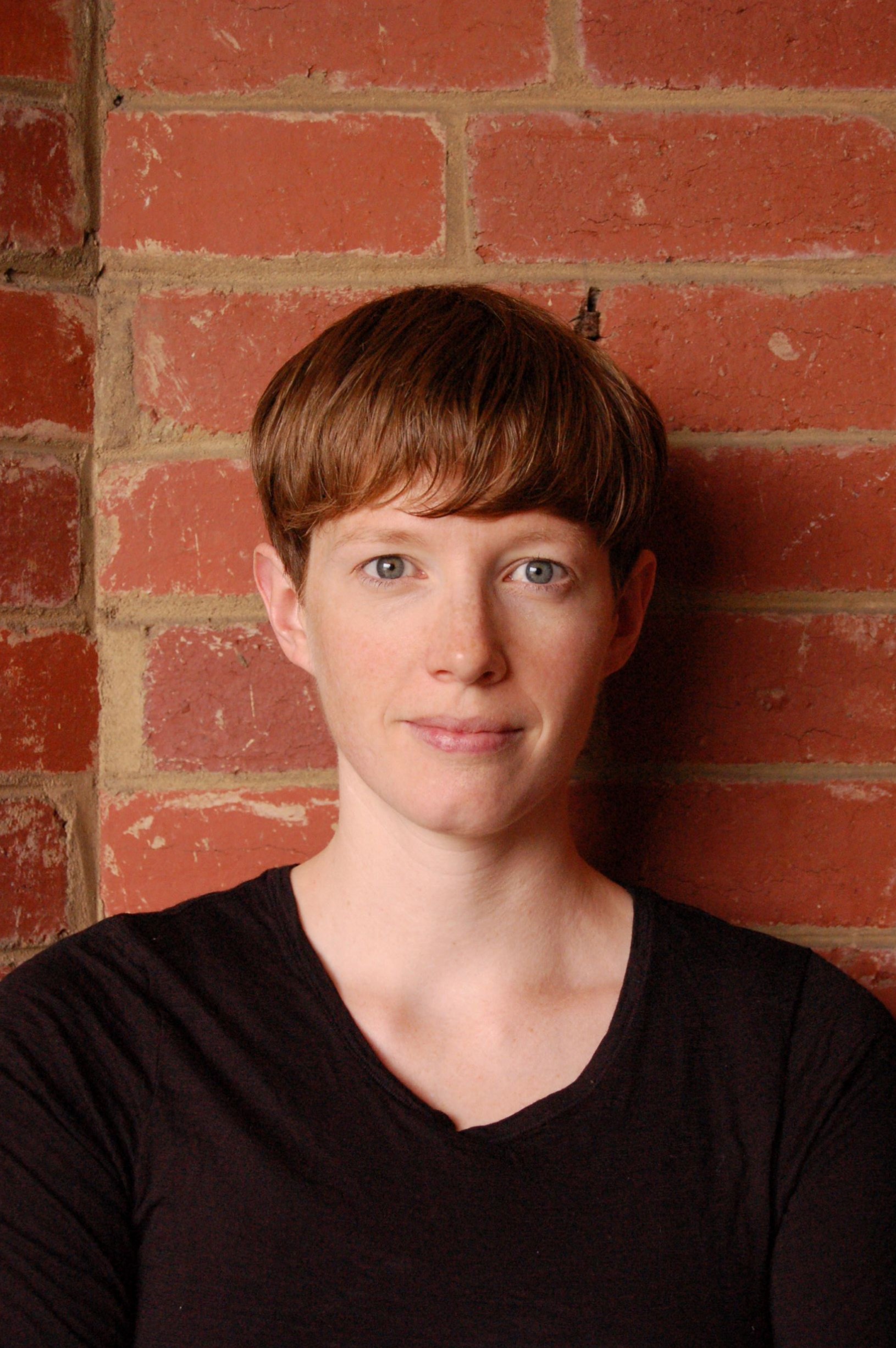meet the judges of the 2019 rachel funari prize for fiction: melanie joosten

Image: Supplied
Over the next few weeks, we’ll be introducing you to our stellar line-up of judges for the 2019 Rachel Funari Prize for Fiction. Today, meet author, Melanie Joosten.
*
The Rachel Funari Prize for Fiction calls for stories by women, female-identifying and non-binary writers. What’s your view on diverse representation in publishing?
Publishers need to do more to publish and promote diverse writers, and readers need to do more to seek them out. In particular I think publishers need to acknowledge that a genuine move towards diverse representation means supporting writers who may not yet be ready for publication. Long-term support of writers who haven’t had the same opportunities as writers like myself would ensure a wider range of writers creating quality works. Unfortunately, most publishers aren’t willing to play this mentoring and development role – they’d rather receive polished work that doesn’t require as much effort on their behalf. But this polished work is usually only attainable for writers of privilege – which results in a not very diverse range.
What comes to mind when you think of our 2019 theme, ‘fragments’?
The spaces in-between. Some of the most interesting writing of the last few years could be described as fragmentary, the careful construction of moments and thoughts into a great whole. I’m thinking of Sarah Sentilles’ Draw Your Weapons, Jenny Offil’s Dept of Speculation and Weike Wang’s Chemistry.
Is there a writer (or writers!) you admire or books that have influenced your work?
So many – I don’t think of them as having direct influence on my work but I’m sure it all adds up to something. Writers I admire include Ali Smith, Michelle de Kretser, Sarah Hall, Melissa Lukashenko and Sarah Moss. I think the book that most influenced the writing of Gravity Well was Wave by Sonali Deraniyagala, which was devastating.
You’ve authored two novels – Berlin Syndrome (2011) and Gravity Well (2017) – as well as a book of essays, A Long Time Coming: Essays on Old Age (2016). What’s your process when writing fiction? Did it differ between each novel? And how does it compare to writing non-fiction?
Fiction and non-fiction are incredibly different. There is so much more to draw on with non-fiction because you’re tied to facts and usually have a message you wish to impart. But fiction feels more like a hobby – when I’m writing I’m doing it for myself. To solve the problem I’ve set of creating a believable world and people in it and maintaining the reader’s interest (and my own).
In terms of process, with fiction generally start with a character and situation then write scenes that illuminate both. Then comes the hard work of fitting all the scenes into some kind of order that enhances them from straight-up storytelling to something more.
Non-fiction tends to be somewhat more linear. I’ll collect a huge amount of research that will include the necessary facts and supporting evidence, but also the interesting human sparks of story – the challenge is to bring them together.
Is there anything you’re currently working on that you’d like to tell us about?
I’m currently writing a novel about the militant suffragettes in Britain – and what they went on to do after the vote was won. I’m trying to figure out how to show their very physical efforts on the page.
What are you reading right now?
Anand Giridharadas’s book Winners Take All about how the rich and the elites manage to look like they’re doing good in the world but still increase their profits at the expense of everyone else. He writes about how we’ve all been conned into thinking there’s such a thing as a win-win scenario – someone is always winning more. I’m also re-reading Night Waking by Sarah Moss because she’s brilliant.
What’s on your To Be Read pile?
Crudo by Olivia Laing, Her Body and Other Parties by Carmen Maria Machado, White by Marie Darrieussecq, Unlike the Heart by Nicola Redhouse and Islands by Peggy Frew. That’s just the pile I can see from here.
What do you read to feel inspired?
At the moment it’s a digital archive of suffragette street newspapers – those women knew how to inspire at a time when they were afforded very little respect. Otherwise, it’s any of the writers mentioned above who have distinct voices that cut through as excellent writing.
What, in your opinion, is the secret to writing a good short story?
I wish I knew! When I read an excellent one, I find everything else falls away and I am completely in the moment. And I find myself returning to it in my mind later on. But to be honest I find short stories incredibly difficult to write. I think they take a lot of patience to construct and I am full of admiration for those who can do it well.
What will you be looking for when judging the Rachel Funari Prize for Fiction?
Stories that hold my attention and make me think twice about my expectations or prejudices.
What does literary success look like to you?
To me it’s producing the kind of writing that someone really wants to get back to. The kind of writing that justifies putting everything else on hold just long enough to finish the page, or chapter, or book.
*
Entries for the 2019 Rachel Funari Prize for Fiction are now OPEN and close 5pm Friday 19th April, 2019. Submit stories up to 2000 words that engage with the theme ‘fragments’. For more information, click here.

The incredible sponsors and supporters of the 2019 Rachel Funari Prize for Fiction.

